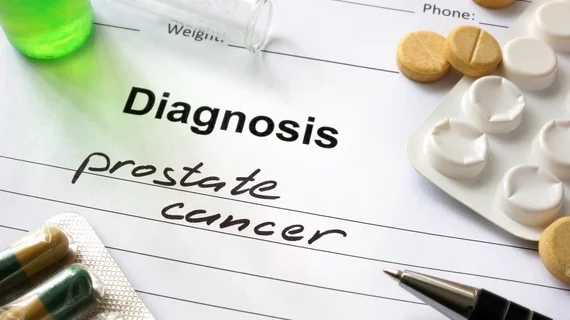Nuclear medicine groups announce new registry to bolster prostate cancer imaging with SPECT
A pair of nuclear medicine companies recently launched a new international registry to promote the use of SPECT imaging for patients with prostate cancer, the two organizations announced on Tuesday.
The Nobody Left Behind or NOBLE Registry aims to demonstrate that prostate-specific membrane antigen (PSMA) SPECT imaging with the radiotracer technetium-99m is a cost-effective and more widely available alternative to PSMA PET.
The project is supported by The Oncidium Foundation, a Brussels-based nonprofit that supports radiopharmaceutical access, and Melbourne, Australia-headquartered Telix Pharmaceuticals Limited, which develops diagnostic and therapeutic radiopharmaceuticals.
“The advancement of PSMA directed diagnostics and therapeutics in prostate cancer is helping to extend life and improve treatment outcomes in men with prostate cancer,” Batool Albalooshi, MD, chair of the NOBLE Registry Committee, said in a statement. “However, millions of men do not have access to PET imaging. For this reason, it is our aspiration to develop a powerful, affordable, and widely available alternative imaging tool by using iPSMA SPECT technology.”
Made up of eight institutions around the world, the registry committee plans to publish real-world evidence and clinical guidelines related to SPECT imaging and prostate cancer.
In its April 20 announcement, the committee also announced the dosing of its first patient at University College Hospital in Ibadan, Nigeria.

